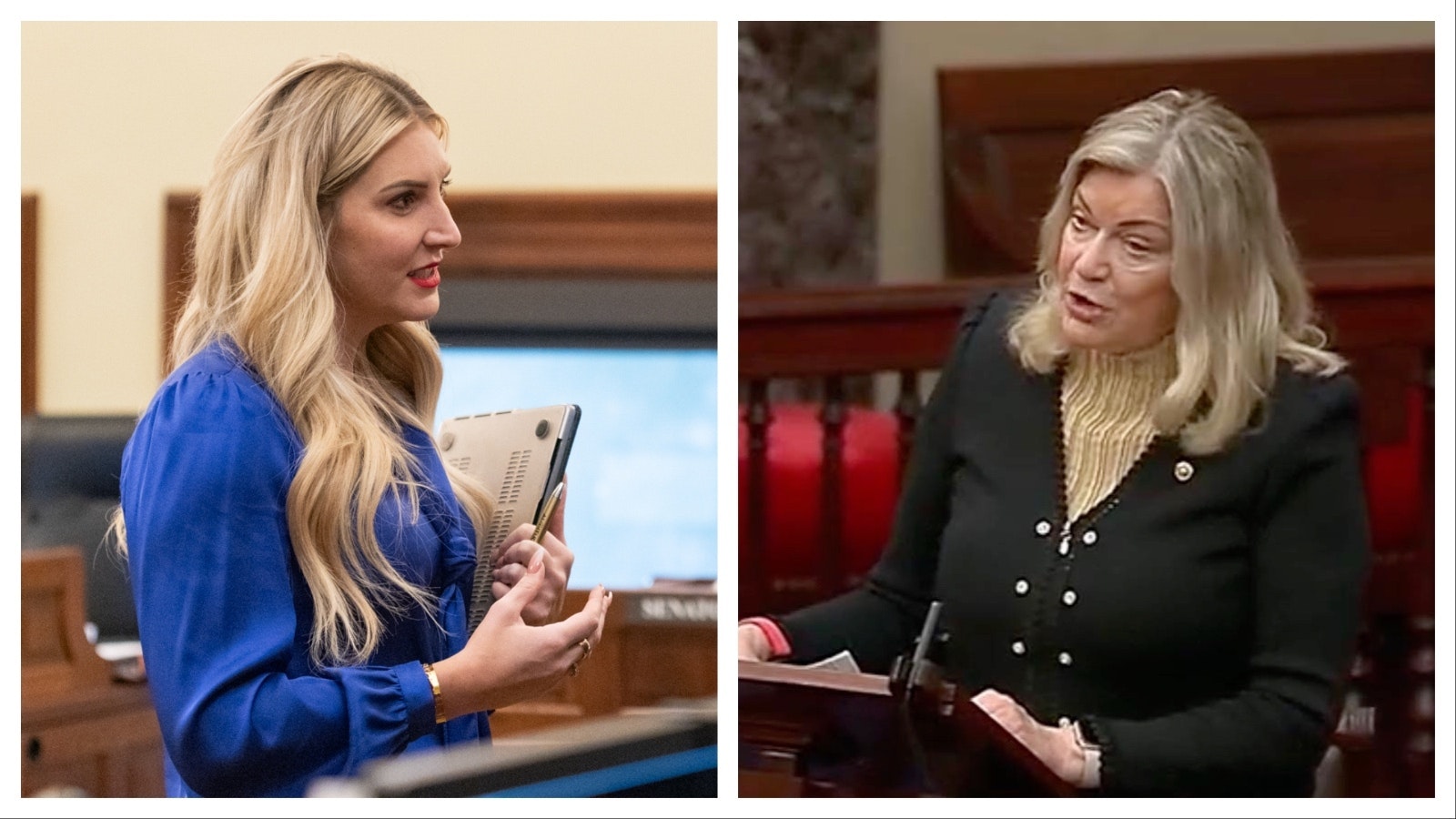U.S. Rep. Liz Cheney is criticizing a Republican plan to challenge the results of the Electoral College on January 6.
In a 21-page memo sent to House Republicans, Cheney said there was no “appropriate basis” for such an action.
“Such objections set an exceptionally dangerous precedent, threatening to steal states’ explicit constitutional responsibility for choosing the President and bestowing it instead on Congress. This is directly at odds with the Constitution’s clear text and our core beliefs as Republicans,” she wrote.
She said the idea of forming an electoral commission to conduct an emergency audit of election returns was even “more problematic.”
“It is not reasonable to anticipate that any commission so formed could wrap up its work in 10 days; indeed, the subsequent debate at both the state and federal level would likely require months,” she said.
“Did those proposing a new commission realize that they were in essence proposing to delay the inauguration?” she asked. “Did they mean to set up a new future precedent where the inaugural is delayed and we have an ‘Acting President?'”
“For how long? Who decides when that process is over? Will that require another Act of Congress? Could the Acting President veto any such future Congressional action?”
Newly sworn-in U.S. Sen. Cynthia Lummis on Saturday announced she was joining a group of 11 other U.S. senators in challenging the electoral results.
“We intend to vote on January 6 to reject the electors from disputed states as not ‘regularly given’ and ‘lawfully certified’ (the statutory requisite), unless and until that emergency 10-day audit is completed,” the group said in a statement.
The following is an excerpt of Cheney’s memo:
[T]here is substantial reason for concern about the precedent Congressional objections will set here.
By objecting to electoral slates, members are unavoidably asserting that Congress has the authority to overturn elections and overrule state and federal courts.
Such objections set an exceptionally dangerous precedent, threatening to steal states’ explicit constitutional responsibility for choosing the President and bestowing it instead on Congress.
This is directly at odds with the Constitution’s clear text and our core beliefs as Republicans. Democrats have long attempted, unconstitutionally, to federalize every element of our nation—including elections.
Republicans should not embrace Democrats’ unconstitutional position on these issues.
The recent proposal for a new “Commission” is even more problematic. It is not reasonable to anticipate that any commission so formed could wrap up its work in 10 days; indeed, the subsequent debate at both the state and federal level would likely require months.
Did those proposing a new commission realize that they were in essence proposing to delay the inaugural?
Did they mean to set up a new future precedent where the inaugural is delayed and we have an “Acting President?” For how long? Who decides when that process is over? Will that require another Act of Congress?
Could the Acting President veto any such future Congressional action? If Congress has authority to create such a commission now, are state elections, recounts and state law legal challenges just “make-work” until Congress gets around to investigating and deciding who should be President?
Members who support the new commission proposal may need to answer each of these questions. And in particular, Members should be prepared to answer how such a commission would be justified by the actual text of our founding documents.





